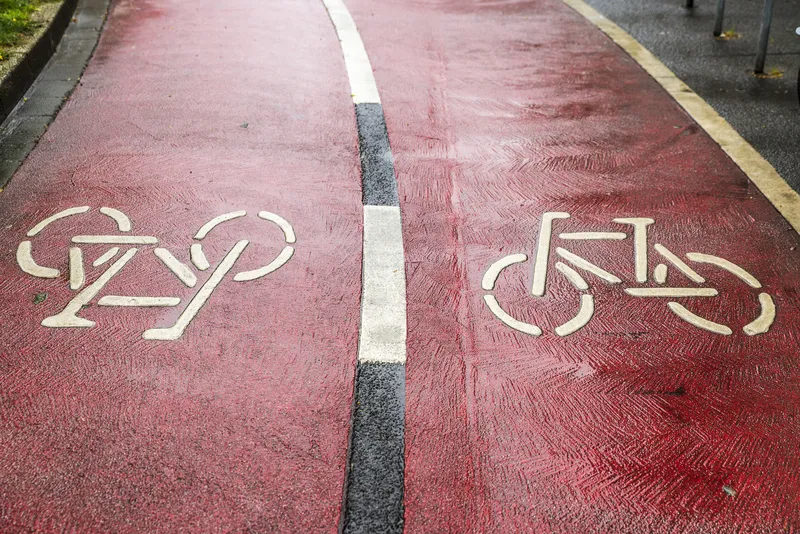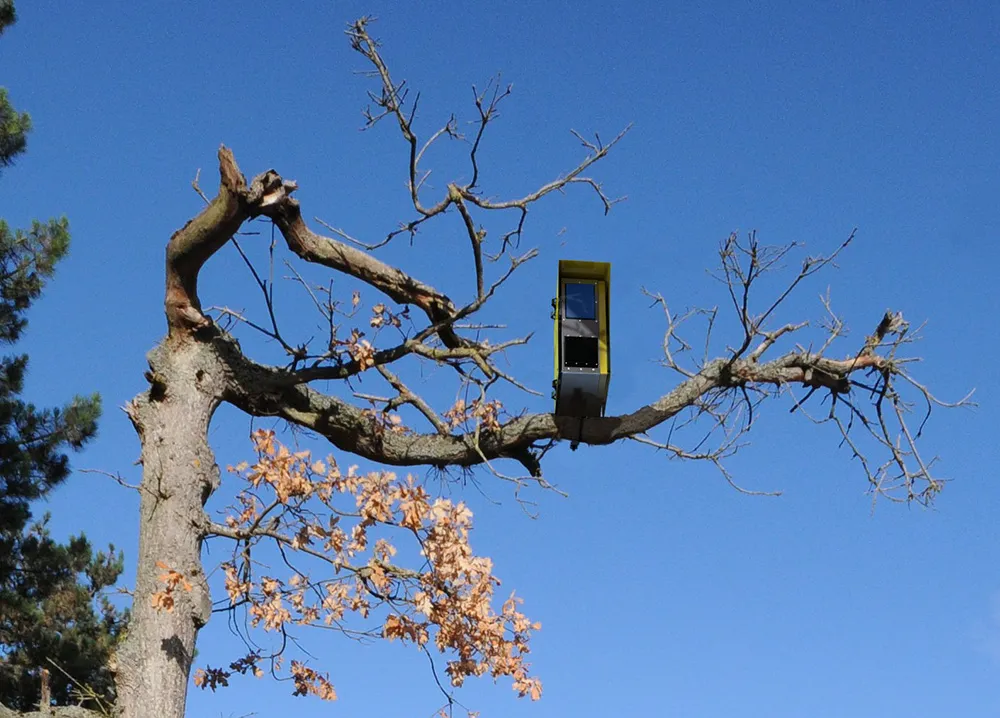
Cloud technology which connects intelligent traffic lights and enables information to be exchanged with road users has been launched in the northern Belgian region of Flanders.
The TLEX (Traffic Light Exchange) cloud platform, manufactured by Dutch company Monotch, is at the heart of the Flanders Mobilidata programme which includes a consortium of mobility specialists led by Be-Mobile.
It will exchange millions of items of data every minute at approximately 250 intelligent traffic lights in Flanders by the end of 2023.
This is designed to allow motorists, cyclists and pedestrians to move more smoothy, cutting out unnecessary waits at red lights, for example, and giving green light priority to emergency responders.
It will be open to app builders, such as navigation software providers, which can plug in their own applications to the platform after an approval process.
Mobilidata was launched by the Flemish public authorities Agency for Roads and Traffic, Department of Mobility and Public Works, Innovation and Entrepreneurship Agency and the Department of Economy, Science, and Innovation.
It receives some financial support from the European Union (Connecting Europe Facility, CEF).
TLEX already connects more than 1,000 intelligent traffic lights in the Netherlands.
Wim Vandenberghe, senior advisor ITS at Mobilidata says that until now only the Netherlands' Talking Traffic programme represented a wide-scale roll-out of the technology.
"The fact that Flanders, thanks to the Mobilidata programme, is now rolling out smart traffic lights and at the same time further developing the technology, is a world-class achievement we can be very proud of," Vandenberghe adds.
TLEX "enables the secure and reliable exchange of information between road users and traffic lights which can be used to make the transport system safer, more efficient, and more environmentally sustainable", says Monotch project manager Mark Walker.
To support data protection, the platform is currently undergoing a mandatory risk assessment, Mobilidata says in a statement.
Only once this is complete - and any ensuing additional measures have been taken - will data be processed.









